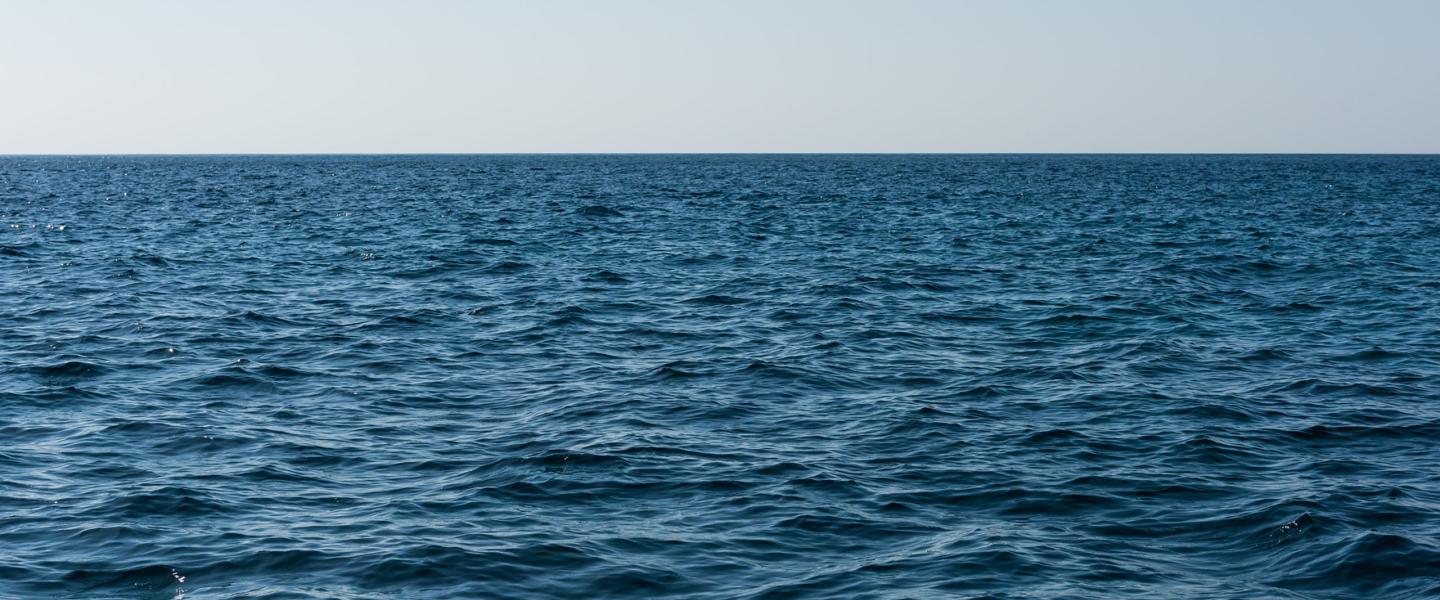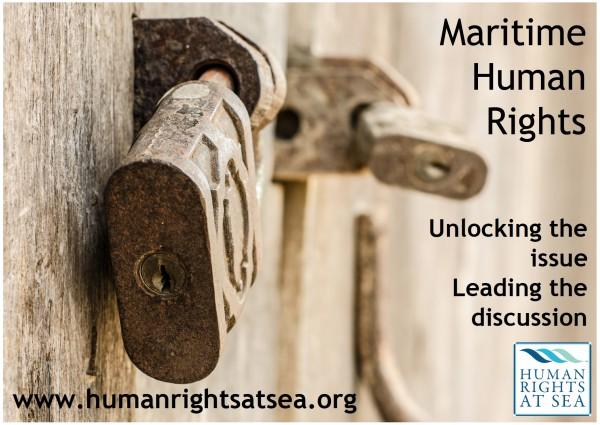
A HRAS commentary as part of the”Unlocking the issue” global campaign.
“Ultimately, intervention at sea costs money. This affects profits, a fact that should not be masked by apparent humanitarian benevolence once an arbitrary threshold for loss of life finally triggers action and seemingly moves sentiment.”
The issue of Human Rights at Sea is now firmly on the agenda of the international community.
The European Council President, Donald Tusk, has called an extraordinary summit of EU leaders today where attendees plan to discuss how to stop human traffickers and boost rescue efforts following the recent tragic events and large loss of migrant lives in the Mediterranean.
The international community is now watching to see the result of today’s meeting, the issues covered and most importantly the time scale for implementation of any decisions made. Will there be a long-term plan, or a short-term fix?
Quite rightly there is international uproar and articulated outrage that not enough is being done by EU States to save lives at sea and protect the rights of those migrants who seek to leave behind desperate circumstances to seek a better life elsewhere. These calls come from various quarters, civil society, NGOs, media, politicians, international organisations, associations and the shipping industry.
Regional instability, climate change, on-going human trafficking and associated criminal financial gains, the continuing decline in the respect for both the rule of law and International Humanitarian Law as well as personal betterment reasons for economic migration to name but a few issues all play a part in the constant movement of persons globally. They also play a part in the current circumstances resulting in large-scale death at sea.
Migrant movement across the Mediterranean and the consequential migrants losses at sea, sadly, is not a new issue. It is only now that when what appears to be an arbitrary threshold for loss of life is crossed principally determined by civil society’s outrage from increased media reporting combined with advocacy and lobbying by NGOs and southern EU State concerns at the ending of the Mare Nostrum operation due to a lack of collective EU funding, that attention has finally been focused on the human rights abuses occurring at sea.
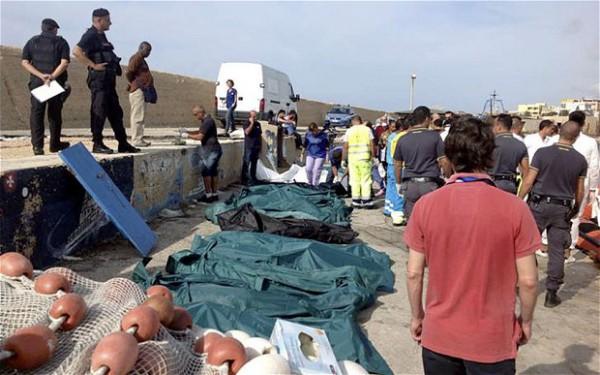
Ever since what could be argued as the seminal incident of the Lampedusa tragedy in October 2013, where 950 migrants drowned, some left to die in locked holds aboard a 70ft fishing vessel which sank off the Italian coast and which saw rescuers able to rescue only 28 persons; the increasing concern for loss of life in the Mediterranean only then started to gain traction. But this was not always the case. NGOs and southern EU States calls for assistance were previously ignored by the wider European community. It appeared that previously, not enough people had died in order to warrant further intervention.
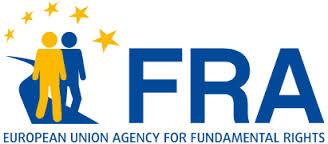
As recently as 10-11 November 2014 at the EU Fundamental Rights Conference in Rome these precise issues were being discussed in depth, with recommendations subsequently published by FRA.
HRAS was invited to attend the Rome conference and speak within Working Group II: ‘Smuggling as a means of last resort to enter the EU’. This was chaired by Mrs. Tineke Strik, Member of Migration Committee, Parliamentary Assembly of the Council of Europe (PACE).
With panelists such as Kris Pollet, Senior Legal and Policy Officer, ECRE, Simona Ardovino, Policy Officer, Immigration and Integration Unit, DG HOME, European Commission, Morgane Nicot, Crime Prevention and Criminal Justice Officer, UNODC, Thomas Spijkerboer, Professor of Migration Law, Vrije Universiteit Amsterdam and David Hammond, Founder Human Rights at Sea, the same matters that are now at the forefront of media reporting were then being discussed in earnest.
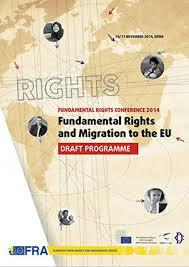
In detail, the issues covered in Rome were stated as: “Due to the limited possibilities of entering the EU legally, migrants and people seeking protection often fall prey to criminal organisations that abuse and exploit them in return for promises to transport them into the EU. The working group will discuss means of combating smuggling from a law enforcement, fundamental rights, and law of the sea perspective. Using the findings and analysis of FRA’s paper Criminalisation of migrants in an irregular situation and of persons engaging with them, the working group will also debate ways of ensuring that rescue and provision of humanitarian assistance are excluded from punishment. The large numbers of smuggled people and irregular arrivals have given rise to calls for EU solidarity, relocation and exploring legal ways to access Europe. The workshop will therefore also discuss resettlement and possible protected entry mechanisms. Limited resettlement opportunities challenge the capacity of regional protection programmes, but resettlement and protected entry are integral parts of any refugee policy.”
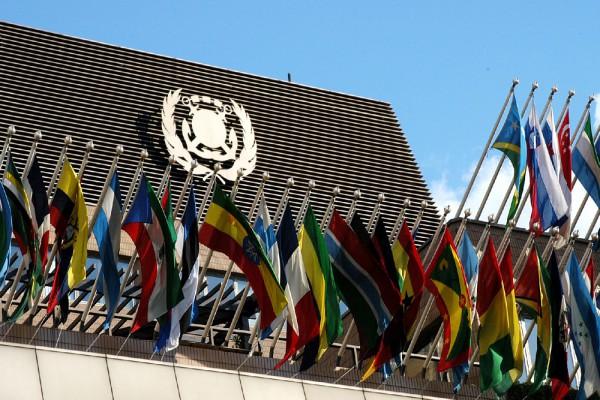
From a shipping industry perspective, the IMO has now reacted positively to the migrant issue, but HRAS would suggest that only once members had started raising concerns that its consequences were negatively affecting the industry i.e. the international law requirement for rescue at sea under the likes of the UN Convention on the Law of the Sea (UNCLOS) Article 98 by vessels not designed to carry migrants, with requirements for re-routing and delays in the carriage of goods, limited crew numbers causing fatigue, health and safety issues, and limited if no training to deal with such humanitarian matters by crews. In short, the shipping industry is currently at the front line of efforts to rescue victims at sea, but are not scaled to be so.
As HRAS was informed last year by a member of the maritime industry, “no issue would become an issue unless it affected members” which ironically 6 months later it did. It is also notable that while the duty to render assistance at sea that has been enshrined in international law since 1982 in UNCLOS, it was on 10 December 2014 as part of Human Rights Day 2014 that the International Chamber of Shipping’s ‘Large Scale Rescue Operations at Sea’ Guidance leaflet was produced in response to what was described by ICS as “the immediate impetus for this advice…”.
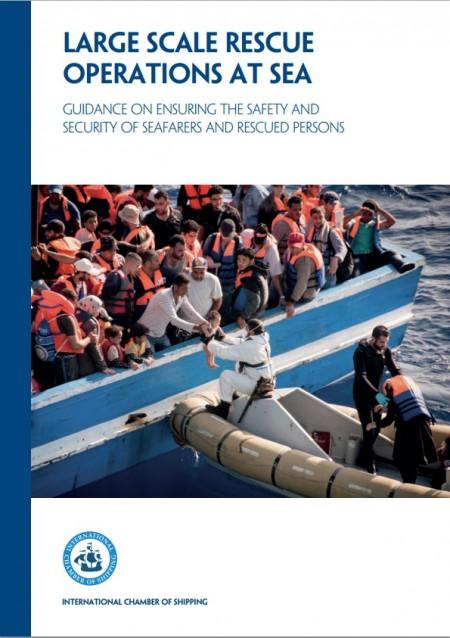
As stated, the leaflet is intended for Masters, ship owners, Government authorities, insurance companies, and other interested parties involved in rescue-at-sea situations. It provides guidance on relevant legal provisions, on practical procedures to ensure the prompt disembarkation of rescued persons, and on measures to meet their specific needs, particularly in the case of refugees and asylum-seekers.
It does not, however, once mention any aspect for dealing with the matter of individual human rights protections for refugees and asylum-seekers, stopping short of mentioning those explicit words which form the fundamental issue that runs through the core reasoning for such guidance to render assistance at sea. There is more to do.
Conclusions
HRAS argues that the generally reactive stance to the on-going issue of human rights abuses at sea, as well as the current humanitarian matters originating from North Africa, the Middle East and Eastern Europe is plainly wrong and must be proactively addressed through a new forward thinking approach of protection of human rights at sea. NGOs have long highlighted the extent and tragedy of migrant loss of life around the globe, but have consistently been ignored. This aloof approach by some sections of the maritime industry needs to cease and a collegiate approach adopted.
Ultimately, intervention at sea costs money. This affects profits, a fact that should not be masked by apparent humanitarian benevolence once an arbitrary threshold for loss of life finally triggers action and seemingly moves sentiment.
